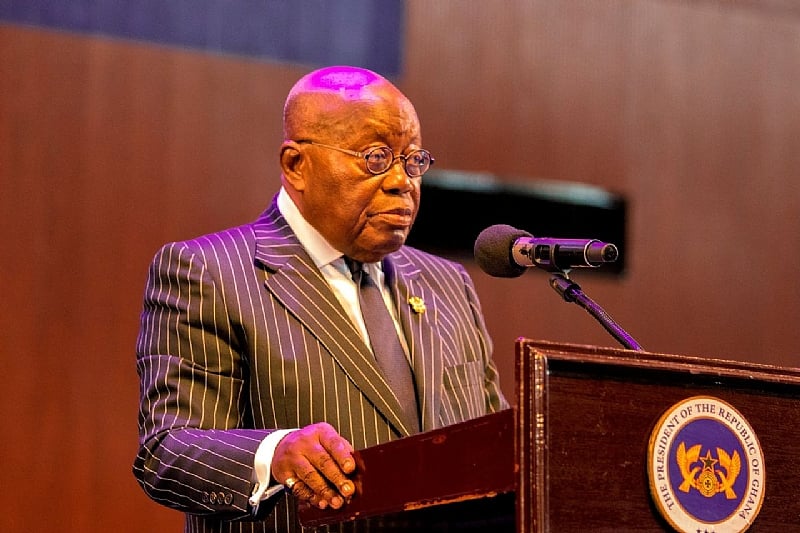Former President of Ghana, Nana Addo Dankwa Akufo-Addo, has reaffirmed his unwavering belief in multi-party democracy as the most suitable system of governance for the African continent. He has consistently advocated for this principle and recently reiterated his stance during the launch of General Ibrahim Badamasi Babangida’s autobiography in Abuja, Nigeria. Akufo-Addo emphasized the need for African leaders to remain committed to democratic ideals and resist the allure of alternative forms of government, especially in the face of growing challenges. He argued that a robust democratic framework is essential for long-term stability, security, and sustainable development across Africa. This commitment, he believes, is crucial to building trust with the populace and demonstrating the efficacy of democratic governance in achieving prosperity.
Akufo-Addo’s pronouncements come at a time when the African continent is experiencing a resurgence of military coups, a trend he finds deeply concerning. He pointed to recent events in Burkina Faso and Niger as examples of this worrying trend, highlighting the detrimental impact such upheavals have on the progress of democratic consolidation. These unconstitutional seizures of power, he argued, undermine the fragile democratic structures being built across the continent and erode the confidence of citizens in the democratic process. He stressed the urgent need for a renewed commitment to strengthening these structures and demonstrating their effectiveness in delivering tangible benefits to the people. This, he believes, is crucial to counteracting the appeal of authoritarian rule and ensuring the long-term viability of democracy in Africa.
The former president’s call for democratic consolidation resonates with the wider debate on governance in Africa. The continent has grappled with various forms of government since gaining independence, with many countries experiencing periods of both democratic rule and military dictatorships. The promise of democracy, with its emphasis on human rights, accountability, and participatory governance, has often been overshadowed by the realities of political instability, corruption, and economic underdevelopment. Akufo-Addo’s argument underscores the need to address these challenges and demonstrate that democracy can deliver on its promises of improved governance and socio-economic progress.
Akufo-Addo’s call to action coincides with a significant realignment within West Africa. Three nations—Mali, Burkina Faso, and Niger—all recently subjected to military coups, have withdrawn from the Economic Community of West African States (ECOWAS). These countries have subsequently formed the Alliance of Sahel States, a move that further complicates the political landscape of the region. This development highlights the growing tensions between democratic ideals and the allure of authoritarianism in the Sahel region, a region grappling with complex challenges including poverty, insecurity, and climate change. The withdrawal of these nations from ECOWAS could potentially undermine regional stability and cooperation in addressing these challenges.
The formation of the Alliance of Sahel States raises several questions about the future of regional integration and the commitment to democratic governance in West Africa. It remains to be seen how this new alliance will interact with ECOWAS and what impact it will have on efforts to promote democracy and stability in the region. The withdrawal of these three countries could also embolden other countries facing similar challenges to consider alternative regional alliances, further fragmenting the West African political landscape. It is crucial for regional and international actors to engage constructively with these developments to ensure that they do not further destabilize the region.
Akufo-Addo’s consistent advocacy for democratic governance in Africa underscores the importance of strengthening democratic institutions, promoting good governance, and ensuring citizen participation in the political process. He believes that these are essential elements in building resilient democracies that can withstand the challenges posed by political instability, economic hardship, and the allure of authoritarianism. His call for a renewed commitment to democratic principles resonates with the broader aspirations of many Africans who desire a future where their voices are heard, their rights are respected, and their governments are accountable. The ongoing challenges in the Sahel region underscore the urgency of this call and the need for concerted efforts to consolidate democratic gains and prevent further backsliding into authoritarianism.


